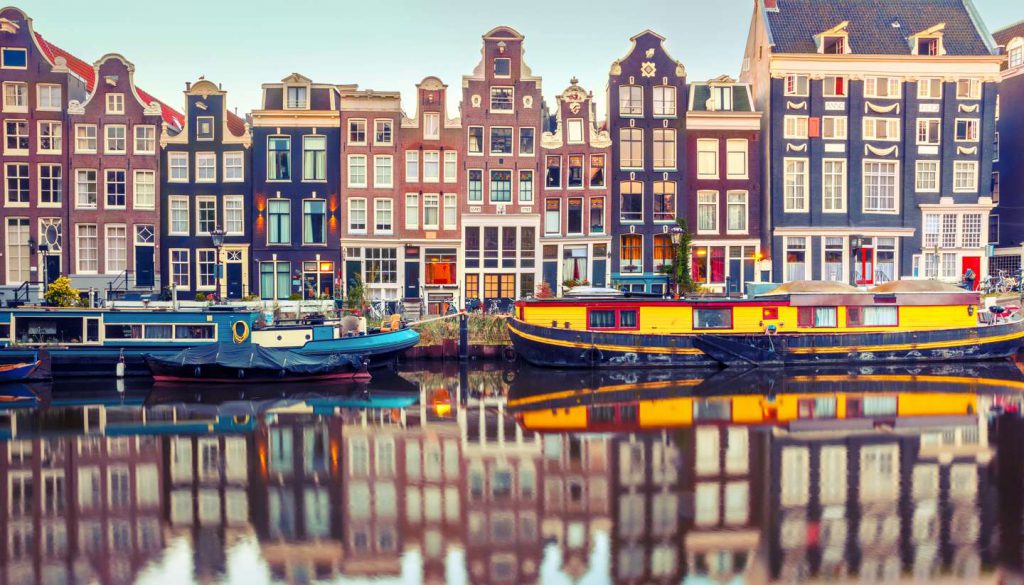Overnight stays in Amsterdam booked via AirBnB grew strongly in 2017, despite restrictions placed on homeowners by the city, according to a study published today by Colliers’ and Hotelschool The Hague.
Amsterdam, famed for its tolerant policies on drugs and prostitution, limited the number of days an owner may list a property to 60 per year in 2016, and in October it began requiring advance notice of bookings.
Nevertheless, the study published on Colliers’ Dutch website on Thursday, found that overnight stays in Amsterdam booked on the AirBnB online platform in 2017 rose by 420,000 to 2.1 million, up 25 percent.
A spokesman for AirBnB responded by saying its own figures show the number of apartments available on the site are growing modestly.
The report comes days ahead of municipal elections in Amsterdam in which resentment over problems caused by tourists, as well as a housing shortage and booming prices, sometimes partly blamed on AirBnB, are major issues.
The study estimated that AirBnB now makes up 12 percent of overnight bookings in the city, and that 38 percent of AirBnB listings are from people or businesses that have at least two or more properties on the site.
The City of Amsterdam and AirBnB work together on issues such as tax collection and combating use of homes as de-facto hotels. But the city has become increasingly restrictive toward home-letting and is planning to further reduce the number of days a home can be booked to a maximum of 30 per year.
“Airbnb is part of the solution to the mass tourism problems caused by hotels – which pack vast numbers of tourists into crowded hotspots – and (AirBnB) helps spread sustainable benefits to regular people and their communities, which don’t typically benefit from tourism,” the company said.
On Wednesday, a motion by lawmaker Jan Paternotte was approved in national parliament seeking to promote tourism in other parts of the country to relieve congestion in Amsterdam.







